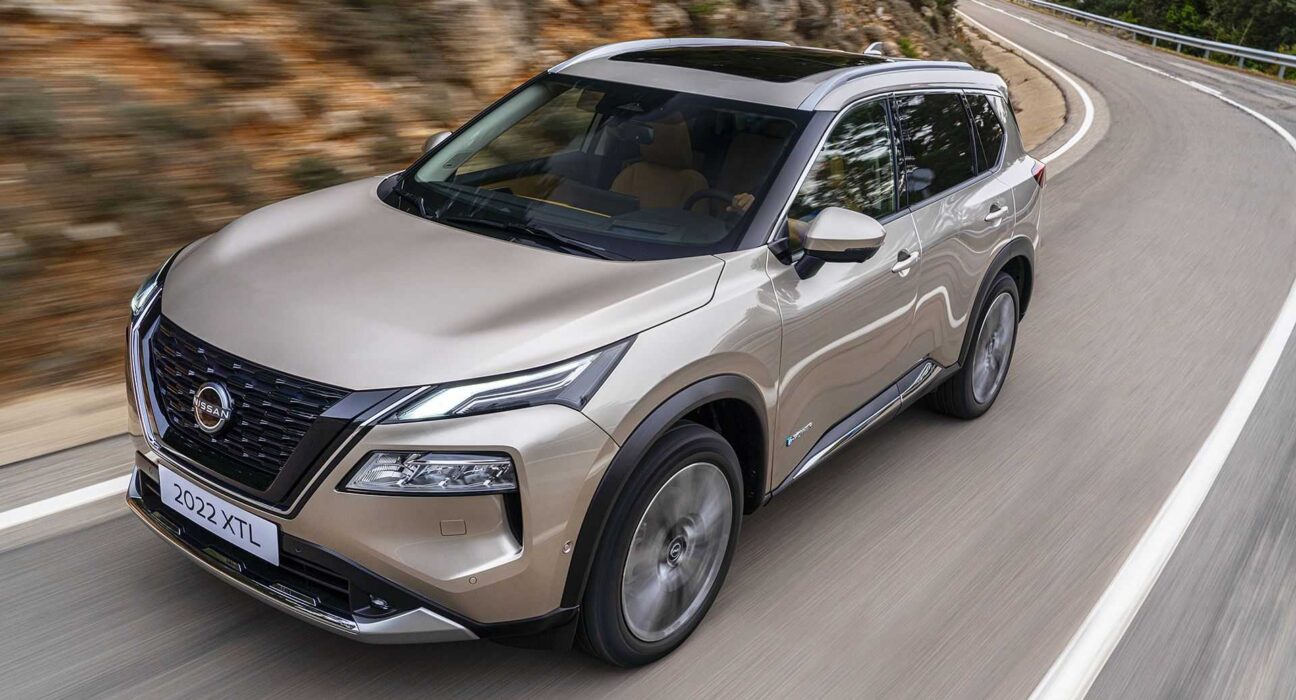In the bustling world of automotive manufacturing, a recent development has caught the attention of industry insiders. It seems that Nissan Motor is exploring a potentially groundbreaking collaboration with Taiwan’s tech giant, Foxconn. The focus of this partnership? Electric vehicles (EVs), a rapidly growing segment within the automotive industry.
The stage for this innovative venture is set at Nissan’s Oppama plant in Japan, a facility that has been facing uncertainty in light of the company’s restructuring efforts. With approximately 3,900 employees on its payroll, the Oppama plant holds significant importance not just for Nissan but also for the local economy and workforce.
According to reports from the Nikkei business daily, an unnamed source within Nissan revealed that discussions are underway regarding the possibility of producing Foxconn-branded EVs at the Oppama plant. This strategic move could serve as a lifeline for the facility, potentially saving it from closure and securing jobs for thousands of workers.
The idea of utilizing idle assembly lines at Oppama to manufacture EVs under the Foxconn brand represents a unique approach to addressing operational challenges while tapping into new market opportunities. By leveraging Foxconn’s expertise in technology and manufacturing capabilities, Nissan aims to breathe new life into its operations and secure a competitive edge in the EV sector.
Experts in the automotive industry view this potential collaboration as a strategic maneuver that aligns with broader trends shaping the future of mobility. As consumer demand shifts towards electric vehicles and sustainable transportation solutions, traditional automakers are seeking ways to adapt and innovate. By joining forces with a tech powerhouse like Foxconn, Nissan could position itself at the forefront of EV innovation.
One key aspect that makes this partnership intriguing is its potential impact on supplier networks associated with both companies. As production ramps up and EVs start rolling off the assembly lines at Oppama under the Foxconn collaboration, suppliers across various tiers could benefit from increased demand and expanded opportunities for growth.
Amidst global efforts to combat climate change and reduce carbon emissions, electric vehicles have emerged as a promising alternative to traditional internal combustion engine cars. The shift towards electrification represents not only a technological evolution but also an environmental imperative driving change across industries worldwide.
In light of these developments, stakeholders closely watch how Nissan’s discussions with Foxconn unfold and what implications they may have for the future of automotive manufacturing. The outcome of this potential partnership could have far-reaching consequences beyond just one plant or company—it could signal a new chapter in collaborative innovation within an ever-evolving industry landscape.
As discussions progress and plans take shape, all eyes remain on Nissan and Foxconn as they navigate towards a shared vision of reinvigorating automotive production through cutting-edge technologies and strategic partnerships. The journey ahead promises challenges but also exciting possibilities for reshaping mobility solutions in line with evolving market dynamics.
In conclusion, as two major players in their respective fields come together to explore uncharted territories in electric vehicle manufacturing, their collaboration holds promise not just for reviving an industrial plant but also for reshaping perceptions around traditional industry boundaries. The road ahead may be winding, but it is paved with innovation—and perhaps a brighter future for sustainable mobility on a global scale.

